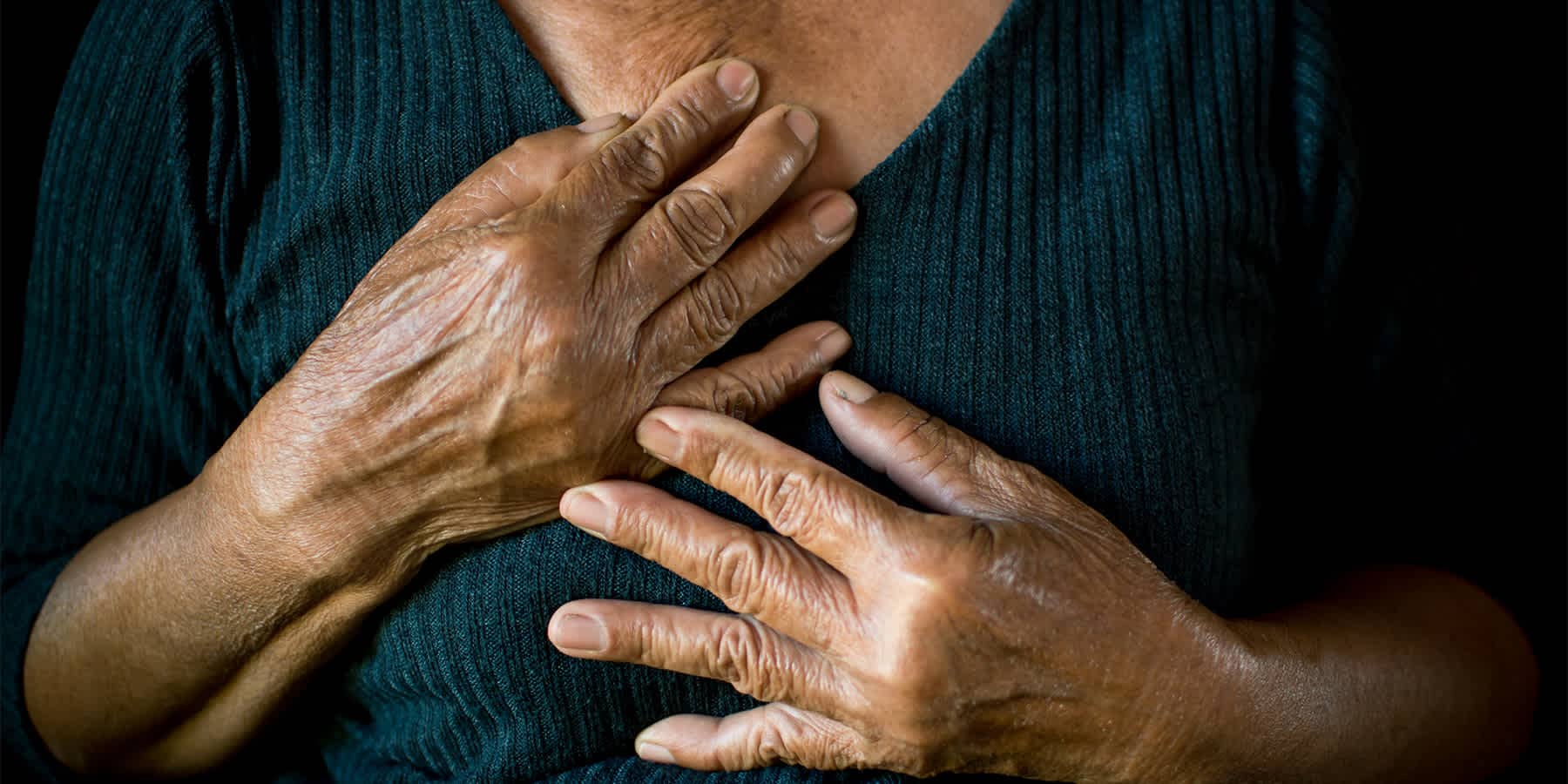

9 AM - 5 PM



THE SCOPE OF THE PROBLEM:
RISK FACTORS.
Some of the factors affecting women are:
Dyslipidemia, diabetes, over the age of 55 years, family history of premature coronary artery disease, hypertension, smoking, peripheral artery disease, obesity, menopause, metabolic syndrome, sedentary lifestyle, autoimmune disease, chronic kidney disease and pregnancy related disorders.
SYMPTOMS:
Women may present with chest pain, pressure or discomfort, unusual upper body discomfort, shortness of breath at rest or on exertion, cold sweats or diaphoresis, fatigue, lightheadedness or sudden dizziness, palpitations or nausea and vomiting.
As women, let’s invest in our health. Should we experience any of these symptoms, seek medical attention and advice from your physician. He/she will be able to make an assessment and establish your treatment, which may include test such as an echocardiogram, coronary calcium score, exercise stress test and blood test.
If you are on medication, your physician may make adjustments to ensure optimum stabilization of your symptoms.
PREVENTION /TREATMENT:
Be diligent and consistent with taking your medication. Monitor your blood pressure, glucose and cholesterol levels. Avoid alcohol or smoking. Eat foods rich in fiber such as grains, lentils, vegetables and grains. Eat fish which has omega 3 fatty acids. Use less salt and sugars and decrease your carbohydrate intake. Become physically active and exercise such as brisk walking for 30-50 minutes at least 5 times/week. If you have not been physically active, please discuss with your doctor and always start of gradually, intensifying as you progress and allow for proper warm up and cool down phases. Find time for rest and relaxation and avoid stress as much as possible. These will help to improve your overall health and your heart will love you for it.